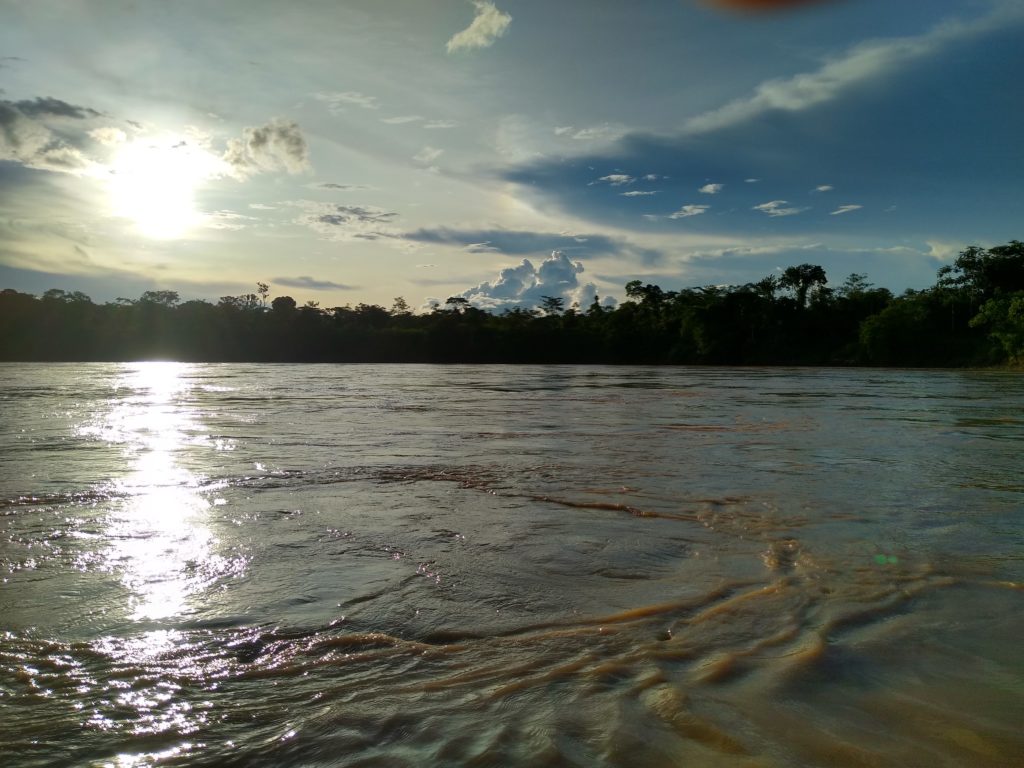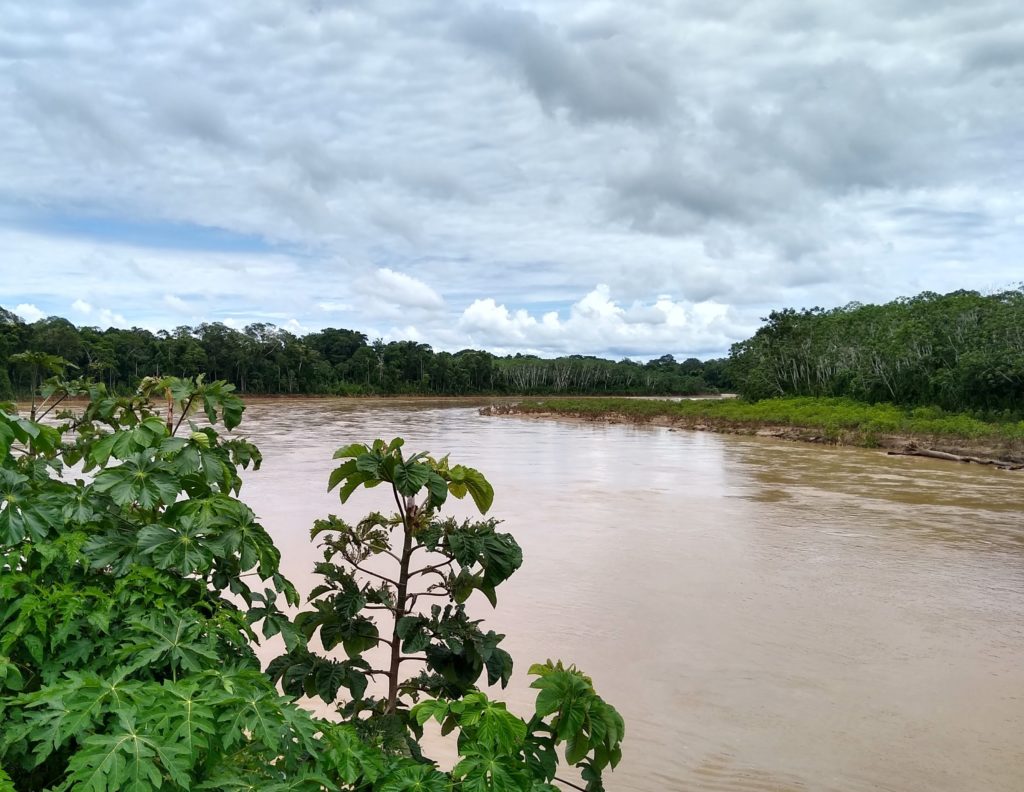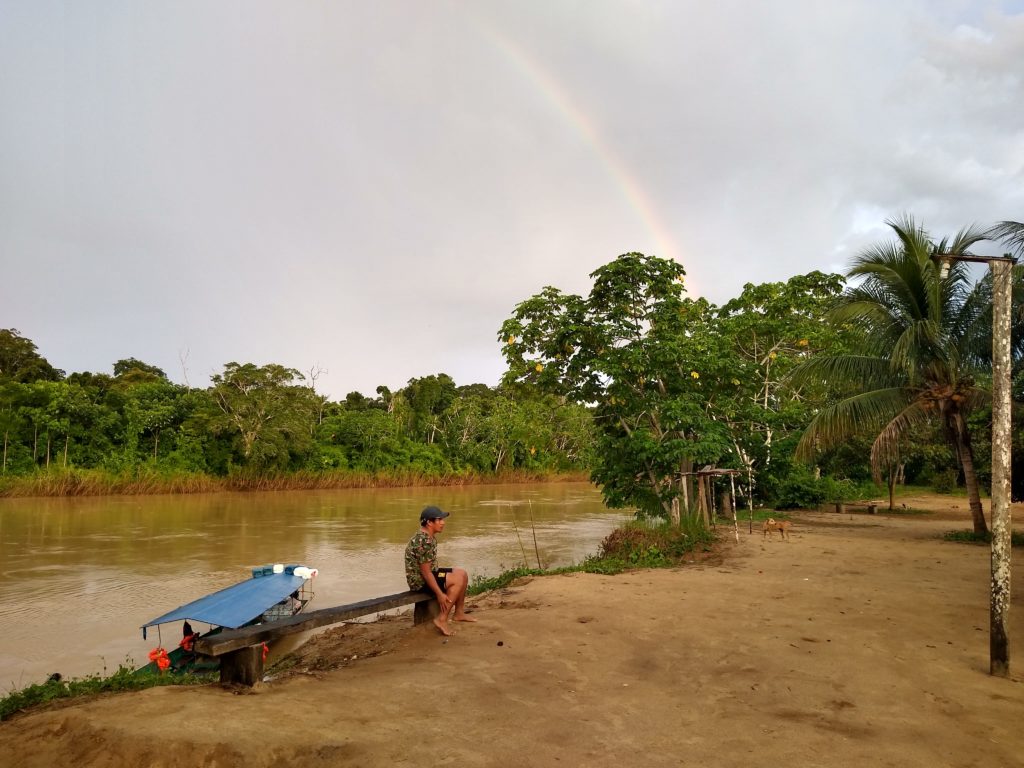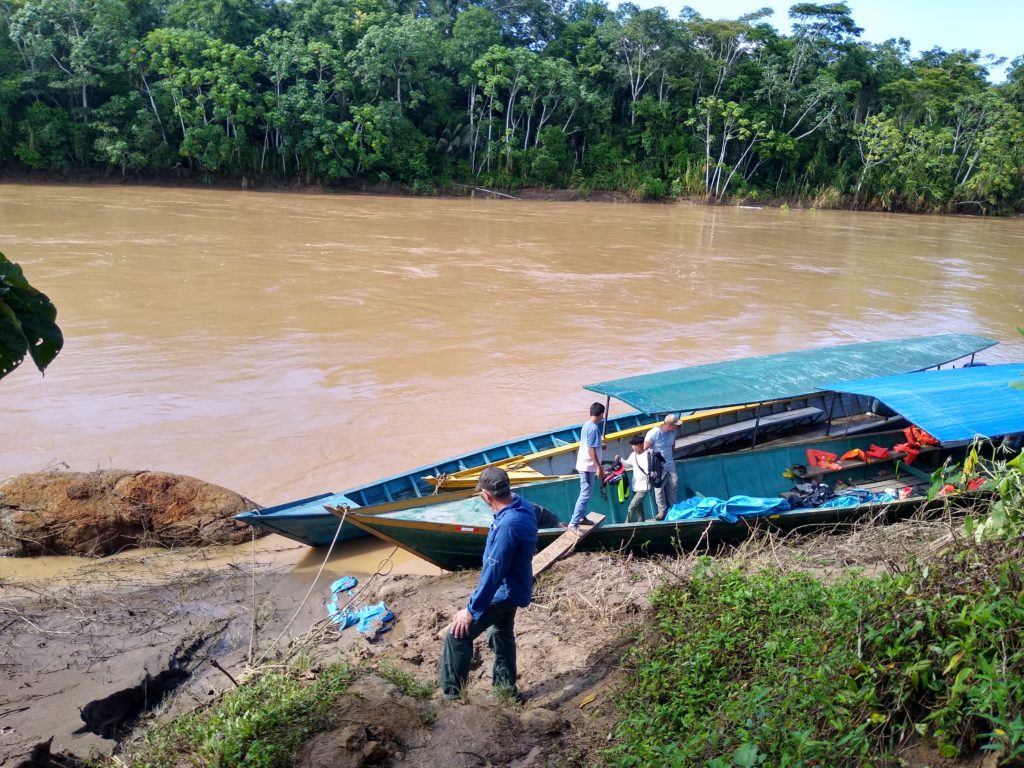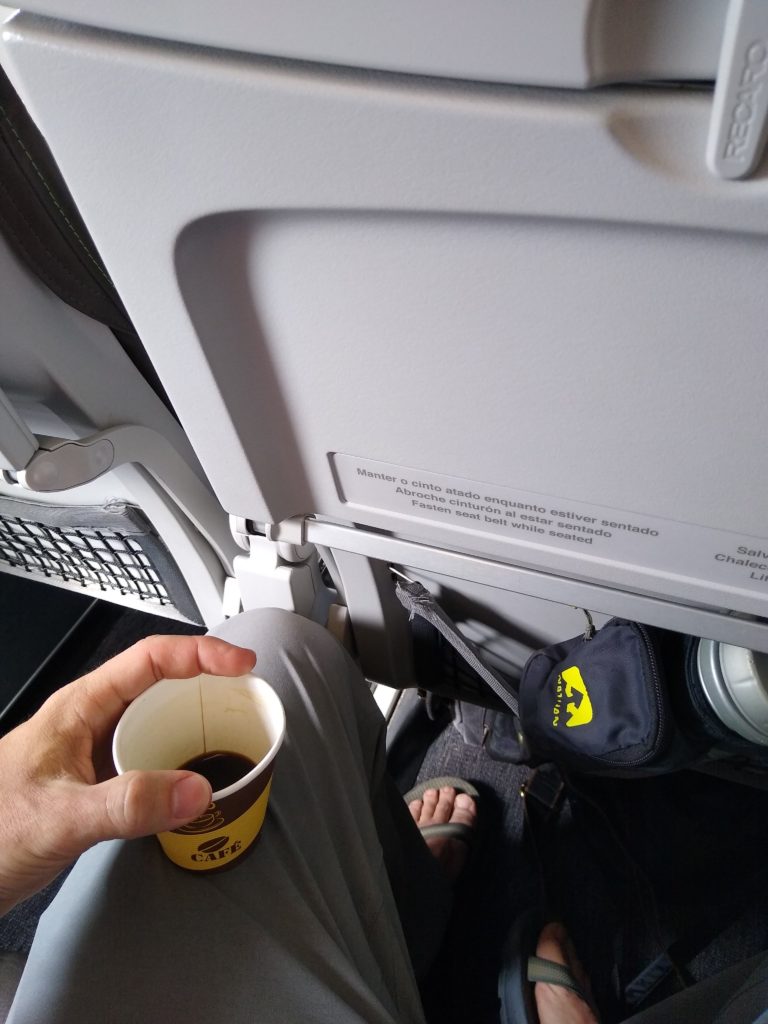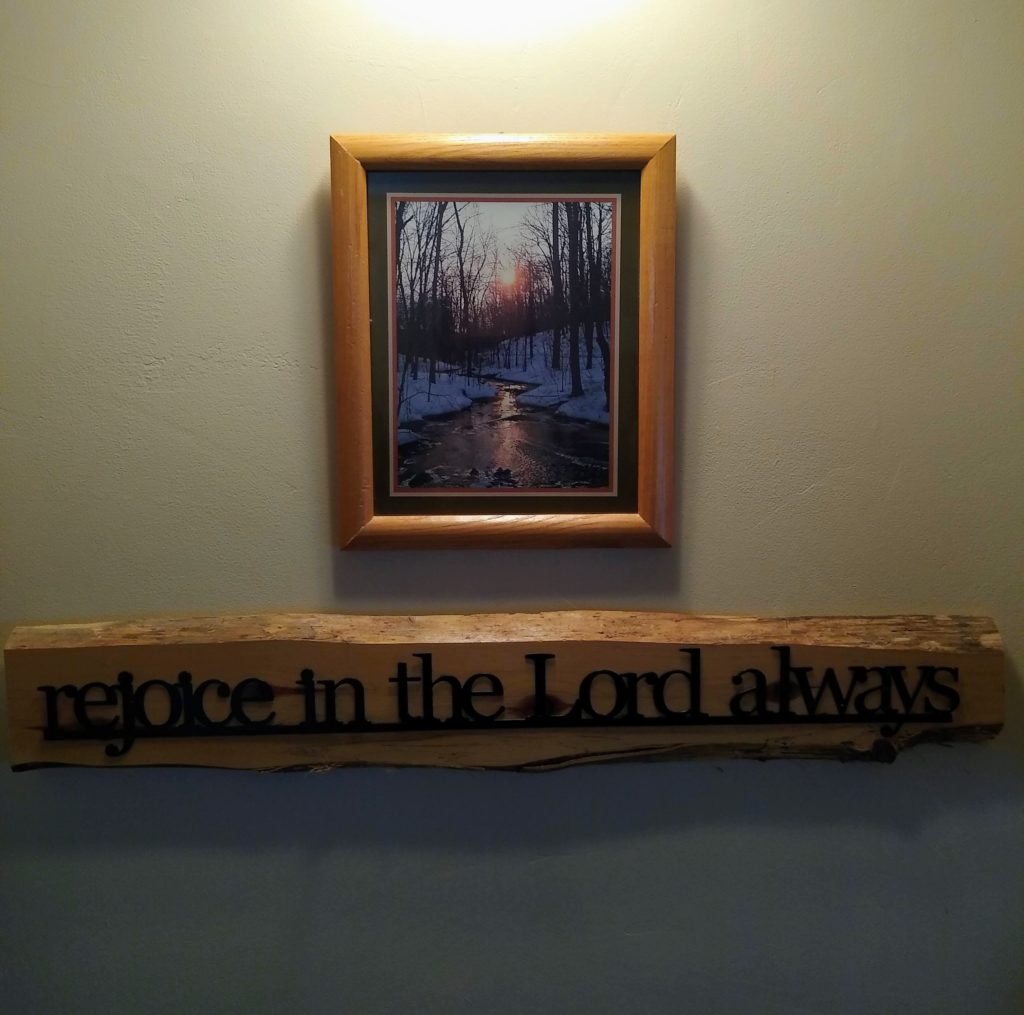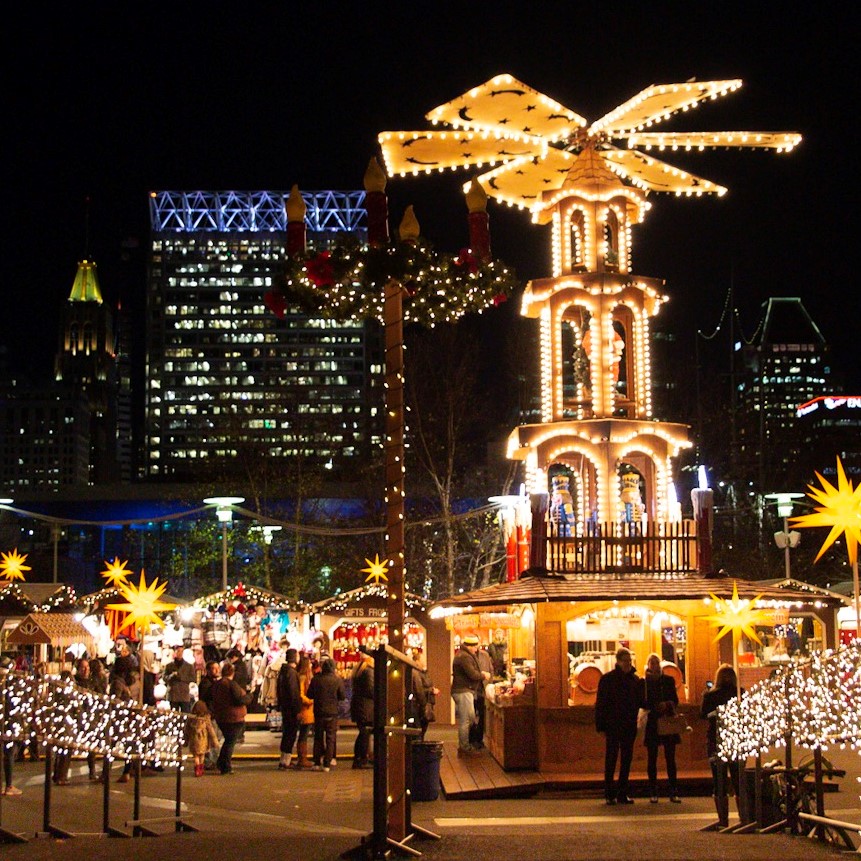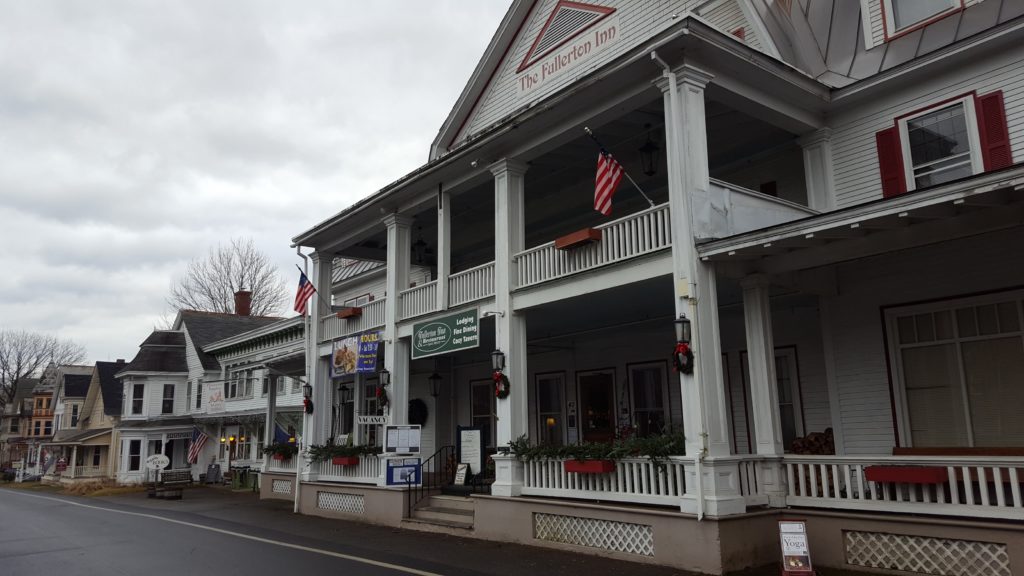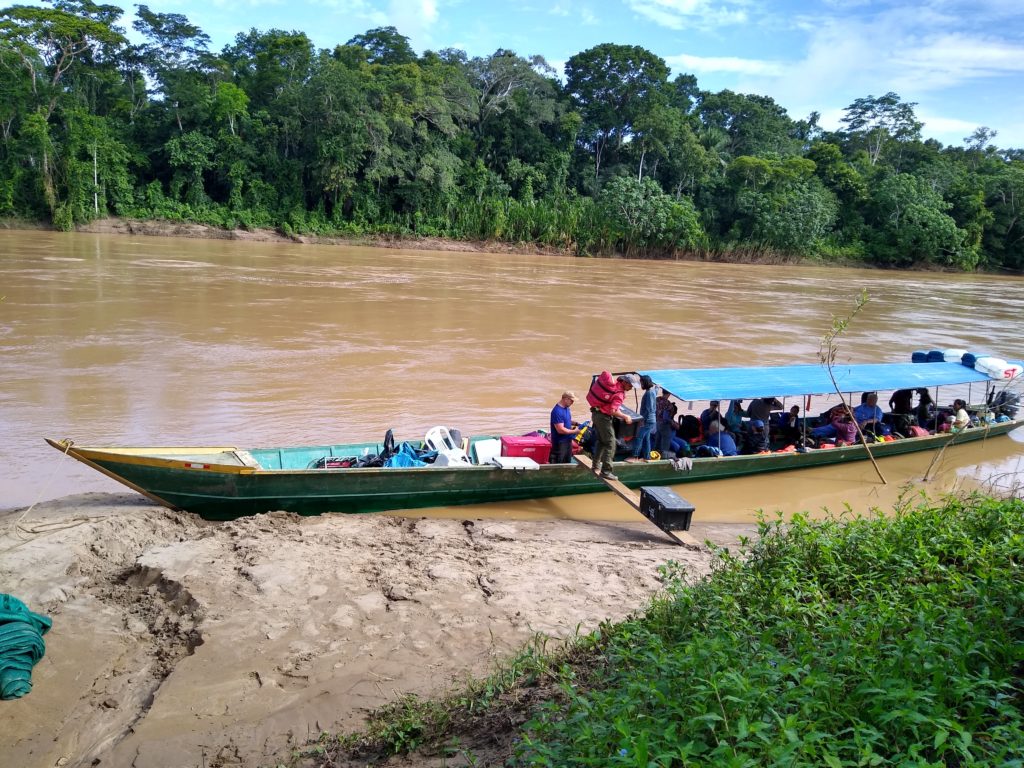
'22 Peru, chapter 3
Travel Journal, 118
I recently spent some time in the Peruvian jungle. I worked with a medical team, bringing healthcare and the Gospel to a people who need both. Here’s a few tales.
The weeklong medical campaign along the Las Piedras River near Puerto Maldonado did not begin with clinic setups or patient registrations. Before any other that could happen, the team had to get where it was going. The medical team, along with support staff, loaded onto a long, long boat and traveled many hours up the river. The first day consisted of about six hours on the boat. We landed at a small village, hosted our first clinic (40 patients), and stayed the night.
But further up the river lay the settlement of Monte Salvado. Getting to this place is not easy or quick. The second day of our journey would require us to log some major boat time. The boat crew thought it might take 12 hours. My handwritten journal for that day simply says, “Long boat trip, 14.75 hours.” It might sound boring—and it was sometimes. But I’d like to fill in those gaps. So, to give you an idea of what it’s like to sit on a wooden bench on a long boat on a river in the jungle for a really long time, I give you:
Fifteen Hours…
Hour 1: The day started early. Tough to recall what time. But the run rose around 6:15 and we were loading the boat in the dark. I slept well, albeit not enough. The fog hung around like a humid ghost haunting our morning. Armed with fog-fighting cups of coffee, we struck our tents and began the process of loading the boat. Our sturdy vessel rested against the muddy banks. The boat driver laid a board from the shore to the boat. And on this we carried plastic cases, backpacks, and camping gear. Already the temp rose. And with all the effort of loading the boat, it was all to easy to break a sweat. There’s a trick to loading up. All the clinic gear should be loaded together, separated from the personal gear. But it all comes together in the end. We load our boat and find our seats in less than half-an-hour. The sun still hasn’t shown itself.
Hour 2: The buzz of the 75 horse boat motor lulls the mind. I’m reminded of ultrarunning athlete Scott Jurek’s description of the Appalachian Trail. He calls it the Green Tunnel. We’re in a green tunnel on the brown river highway. The jungle is beautiful—but monotonous. Everybody’s a bit drowsy. I feel the same. But it’s a kind of excited drowsy that won’t let you sleep. We’ll sleep off and on all day.
Hour 3: A discussion starts. One of the guys on this boat is a music teacher back in the States. Music is a hot topic in evangelical Christian circles. I argue about jazz. I love it. Jazz speaks to nuance and creativity of life. It rarely resolves the way you think it will. Jazz is life. The music teacher takes my side.
Hour 4: Snacks get passed around. The amount of work that goes into this trip boggles the mind. Simply loading the clinic gear onto the boat takes all the muscle we have. We have made, and will continue to make dozens of trips back and forth to the boat. We’re burning calories. When the bundle of chip packets gets to me; I rifle through it. I’m looking for the plain chips with a packet of mayonnaise inside. You heard me right. For some reason, Peruvians like mayo on their chips. And this brand has a packet of mayo inside the bang. Extra calories.
Hour 5: Ah, lunch. Since we’re traveling by boat all the food we require for the week must be brought along. No refrigeration here. The kitchen crew made rice before we got on the boat. We’re supping on rice, canned mackerel, fried plantains, and some cookies for dessert.
Hour 6: The river becomes the center of discussion. Peru is in the rainy season. And the river is higher and faster than usual. It’s higher than the last time I was here. We talk about the water. Somebody suggests that the muddy water weighs more than clean water. Some disagree. The sediment adds to the weight. No, it displaces the water. Who knows? We’re clearly bored.
Hour 7: Now might be a good time to mention the bathroom situation. No, we have not stopped. And we are trying not to. Today will be a full day on the boat. For the guys, the solution lay before them in the river. Simply go to the back of the boat, and let ‘er fly. For the lasses, I give you the Hoop of Hope. It is of original design: a chemical camp toilet with a shower curtain hanging around a hula hoop. Most of the problem is solved. Here’s to hoping nobody has any…er…solid needs.
Hour 8: Lo, someone has brought a guitar. I play the only song that I can think of right now.
“I cleaned a lot of plates in Memphis, pumped a lot of ‘pane down in New Orleans, But I never saw the good side of the city, ’til I hitched a ride on a river boat queen.
Big wheel keep on turnin’,
Proud Mary keep on burnin’,
Rollin’, rollin’, rollin’ on the river.” 1
…part 2 next week
anthony forrest
Check out the other stories in this series:
